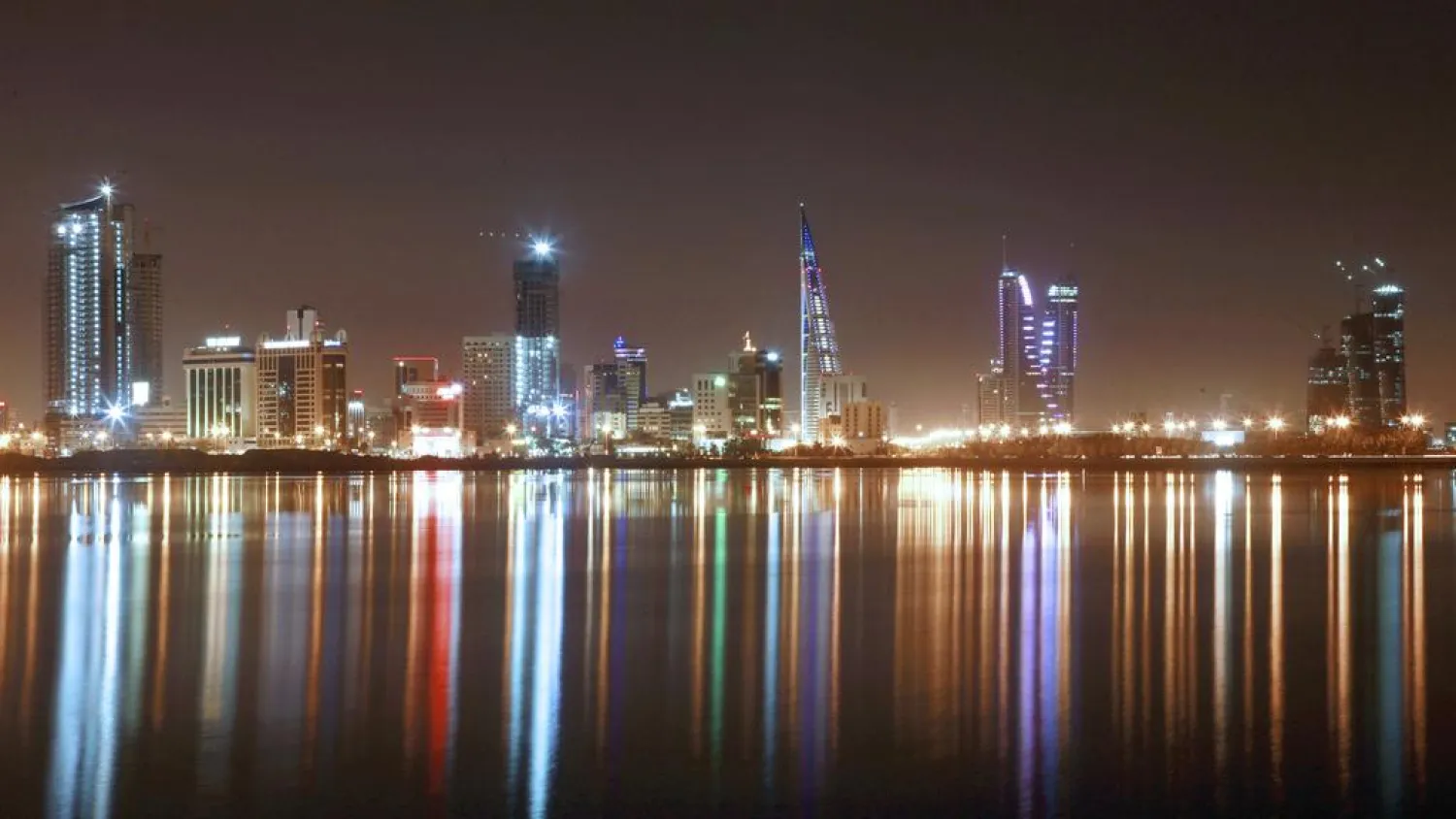Non-oil sector in Bahrain expanded by an annual pace of 4.7% in the first half of the 2017, compared to 4.0 percent in 2016, according to the most recent Bahrain Economic Quarterly published by the Bahrain Economic Development Board (EDB).
The strong non-oil progress was entirely due to private sector activity, which underscored the strength of growth drivers and steps taken to cope with economic fluctuations in Bahrain, also consolidated Bahrain economy flexibility despite the drop of oil prices to the lowest rate.
“Non-oil growth in the first half of 2017 was broad-based with particularly strong momentum observed in sectors such as Hotels & Restaurants, Social & Personal Services and Financial Services, which all expanded more than 7% year-on-year in the period. Additionally, the Transportation & Communications and Real Estate & Business Activities sectors all posted solid figures,” the press release published by the EDB read.
Commenting on the quarterly performance, Dr. Jarmo Kotilaine, Chief Economic Advisor of the Bahrain EDB, said that the continuous growth figures attest to the exceptional strength and resilience of taken steps to overcome economic fluctuations in Bahrain’s economy.
“However, growth is also increasingly benefiting from important structural reforms. During the first half of this year, initiatives such as pioneering crowdfunding regulations, a regulatory sandbox for fin-tech companies and a Cloud First policy (designed to help organizations take advantage of cloud technology), have dramatically improved Bahrain’s business environment,” he stated.
Kotilaine added, “Bahrain is successfully positioning itself at the forefront of innovation at a time when the growth prospects for the Gulf economies are becoming increasingly tied to productivity.”
Further, he signaled that Bahrain managed to attract prime figures in the business field including Amazon Web Services, which will be opening its first Middle East Region in Bahrain by 2019.









